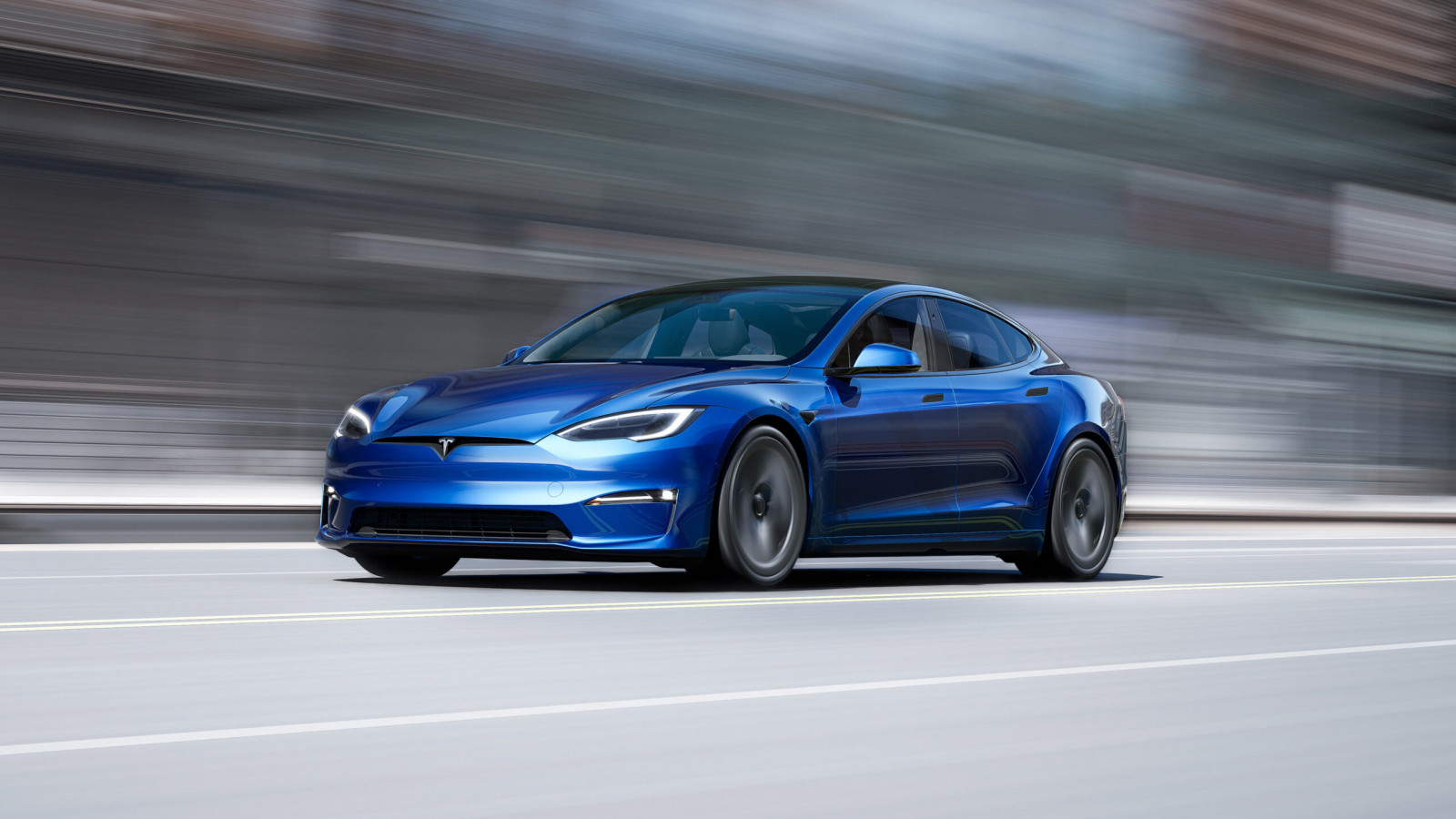The rapid rise of electric vehicles raises concerns about both where we will find the raw materials to produce so many batteries and what we will do with them when they run out of time. Both questions need to be answered, but it appears that the second question will not become an issue as quickly as many expect, and will likely never become an issue.
Batteries may be difficult to recycle, but they are much easier to reuse for less demanding purposes, a process known as “second life,” and can solve many other problems in the process.
There is no doubt that the volume of used electric car batteries will eventually become huge. Electric cars now account for 16 percent of the world market and many more in Europe and China, exceeding most expectations for their rise. Add to that bus, truck and motorcycle batteries, and the world is producing large-scale batteries at an astonishing rate, and these batteries will eventually have to be dealt with.
How long does an electric car battery last?
But the first misconception is how quickly this problem will grow. The estimated lifespan of an electric car battery used to be five years. After electric car sales crossed the 5 percent threshold in 2021 (6.7 million), this meant that we could expect massive volumes to arrive very soon. However, batteries are lasting longer than expected, so 8-10 years before replacement now looks more realistic in most cases. New technologies may extend this period even further for next generation cars.

But this only delays the problem. The world’s track record on smaller batteries for phones and laptops is grim. Only 5 percent of batteries could be recycled in 2021, the BBC reported. Most batteries are not yet manufactured to facilitate disassembly and separation, making recycling easier.
However, batteries in electric vehicles must operate at a capacity close to their initial capacity. If a vehicle battery can store only 70 percent of its initial energy, the distance traveled before recharging is proportionately reduced. It is not very useful to connect additional batteries to the back to regain the original range.
Three batteries instead of two
However, this does not apply to mass storage of electricity. Second-life batteries used for grid storage can collect solar power at midday for use during the evening demand peak. If they have lost a third of their capacity during their time in an electric vehicle, there is a simple solution; Use three batteries instead of two.
However, as engineering problems go, this seems to be one of the easier ones to solve. Second-life batteries are unlikely to solve the problem of long-term storage of renewable energy during weeks when sunlight and wind are scarce. A range of technologies are expected to be required to make grids 100 percent carbon neutral. However, second-life batteries could help replace gas peaker power plants for evening use, significantly reducing fossil fuel consumption.
For now, the industry is faced with the problem of too few, rather than too many, end-of-life batteries as demand pushes prices. The price of second-hand batteries has recently surpassed the cost of new batteries that go straight from the factory into the car. Those considering acquiring used batteries for grid storage of renewable energy sources are having to compete with referrals to boats, off-grid homes and second-hand car buyers commuting short distances.
Eventually batteries will be so overused that they will become unsuitable for their second or even third use. At that point recycling will be the only option, but those days are likely a long way off as most secondary uses are expected to degrade batteries much more slowly than driving.